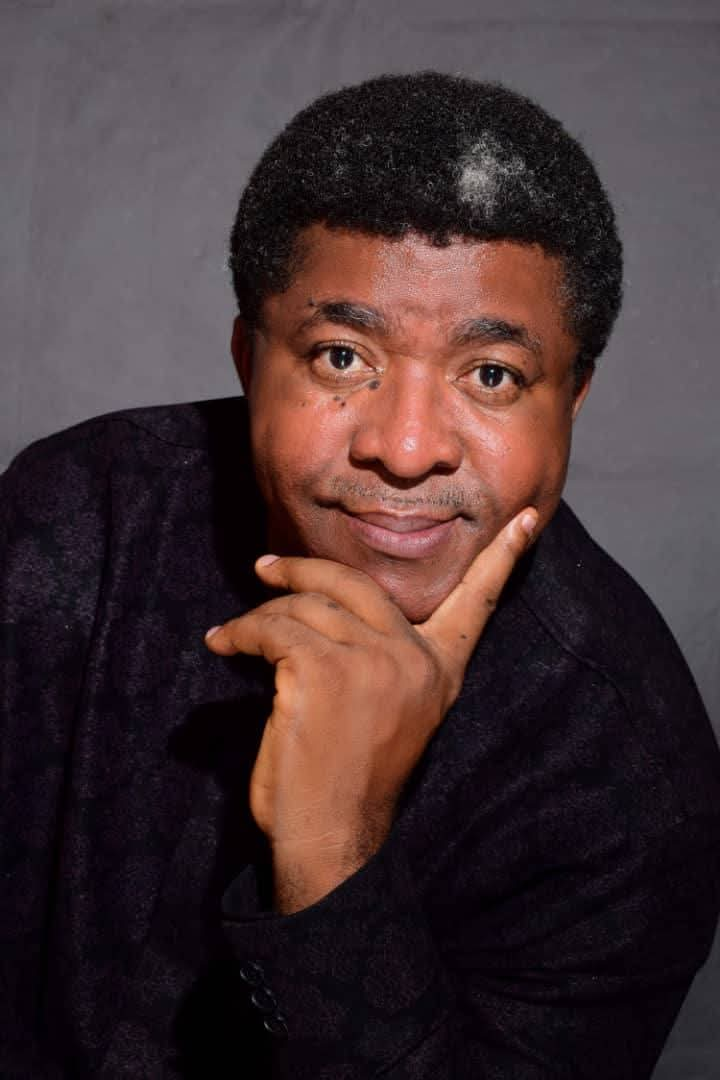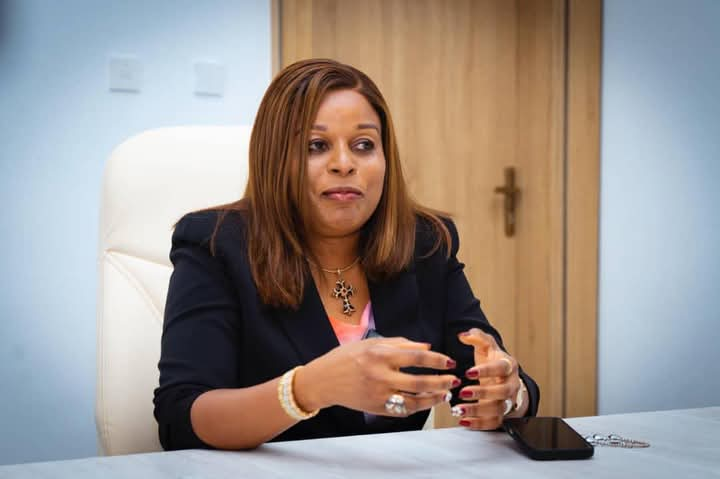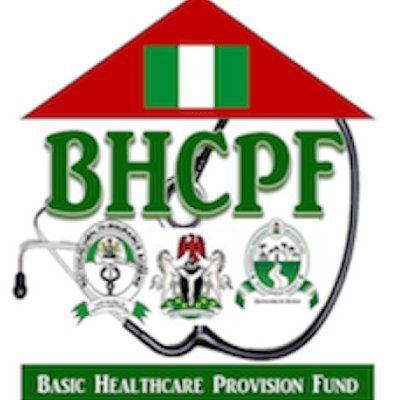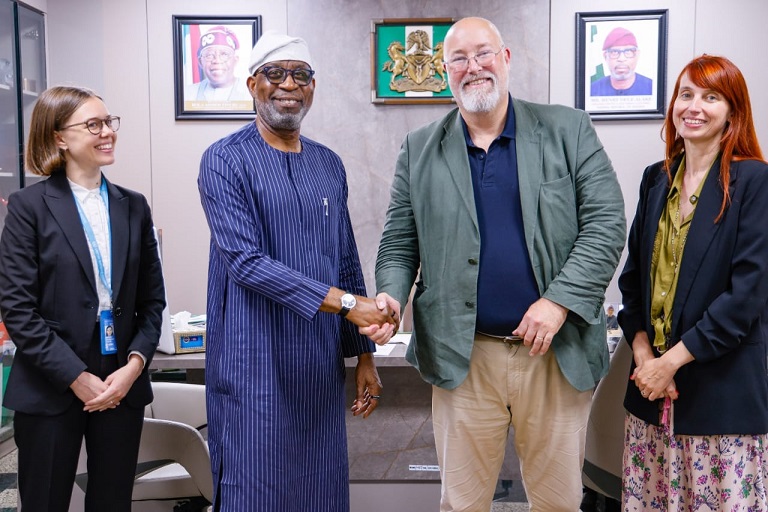Nigeria @65: Policy Analyst says economy stabilising, raises concerns over Insecurity, debt

A Policy Analyst and industrialist, Mr Chinedu Nwonu, says Nigeria’s economy is stabilising under the current administration.
He however, warned that rising insecurity and unsustainable debt levels could undermine progress.
Nwonu,1st Deputy President, Onitsha Chamber of Commerce, Industry, Mines and Agriculture (ONICCIMA), made assertion in an interview to mark Nigeria’s 65th Independence Anniversary.
Nigeria gained independence from British colonial rule on Oct. 1, 1960.
He acknowledged the country’s resilience since gaining independence in 1960,
According to him, Nigeria has experienced both economic highs and lows under successive governments.
“Looking at the present administration, I can say that since the second quarter, we have seen some elements of growth in the economy.
“We have recorded positive trends in the gross domestic product (GDP), a stabilising exchange rate, declining food prices, fuel prices are stabilising we are no more talking about scarcity
“Generally, I will say that Nigeria’s economy is stabilising. This can help people plan, and if things continue this way, we have cause to cheer.”
Despite the progress, Nwonu expressed serious concern over the country’s worsening security situation.
He warned that it poses a significant threat to long-term economic stability.
“Insecurity is still a big challenge, and data shows that it is increasing despite the government’s prognosis.
“So long as there is insecurity, it will invariably affect every aspect of the economy,” he said.
He also highlighted the persistent issues in the power sector.
According to him, it is crippling industrial growth and forcing companies to shut down or leave the country.
“Without steady power supply, industries will not function well.
“They won’t be able to pay taxes, and this will lead to unemployment, which can further fuel insecurity,” he warned.
Nwonu urged the government to prioritise the security and power sectors.
He noted that economic gains will remain temporary if these challenges are not urgently addressed.
On the country’s rising debt profile, Nwonu expressed deep concern over what he described as reckless borrowing without clear developmental impact.
“The borrowing is getting too crazy, and we are not seeing so much of what is being done with it.
“We agree that it is not wrong to borrow, but the issue is: what do you do with the money?”
READ ALSO: 65th Independence: Tinubu Declares Economic Reforms Are Working, Says “The Worst is Over”
Nigeria Reaffirms WASH Commitment as FG, UNICEF, Netherlands Review ASWA III Progress
He criticised the government’s practice of borrowing for consumption, citing reports of N300 billion being distributed to households.
“If the government is using it to solve power problems, road infrastructure and insecurity challenges, then we can say there is a purpose.
“But when we keep borrowing and we have even exceeded every loan volume ever borrowed in this country without visible impact, then something is not right,” he said.
Nwonu called for more accountability and a shift in borrowing priorities to focus on long-term development that addresses the root causes of Nigeria’s economic vulnerabilities.





